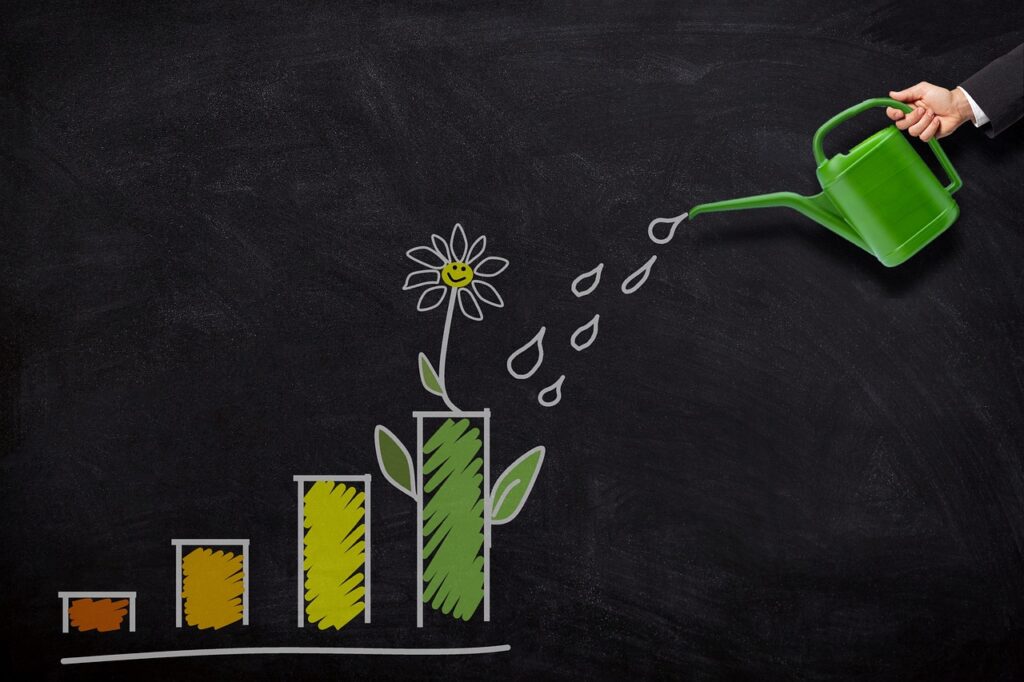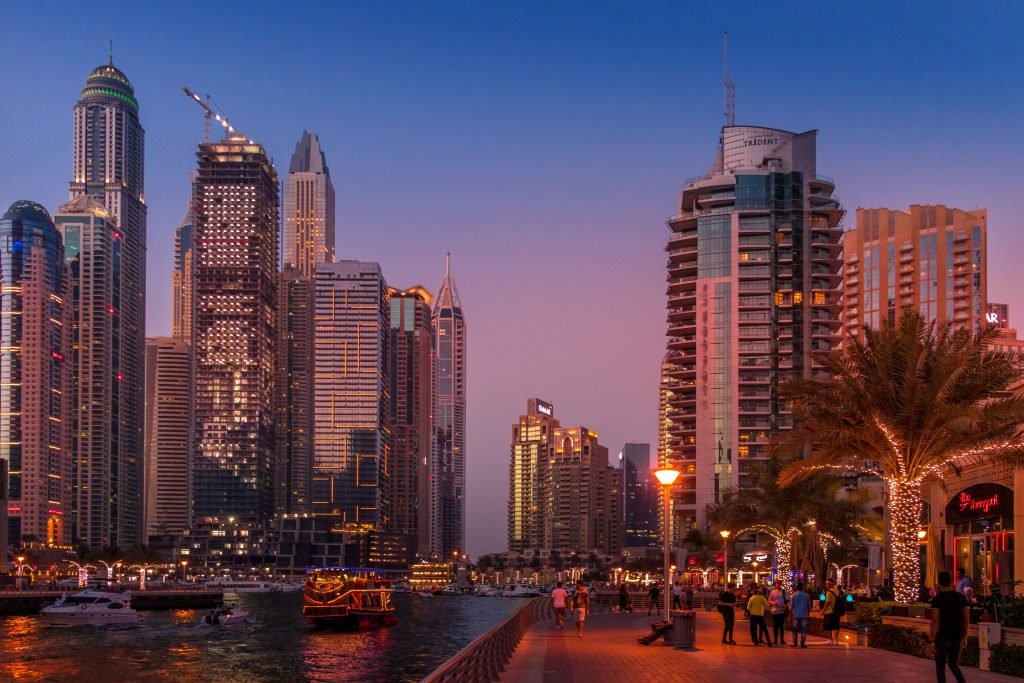With a young, vibrant, and fast-growing population, Egypt’s freshwater needs are on the rise. That could put the country in jeopardy in the next few years. A March 2022 article on the State Information Service (SIS) website said 98% of the country’s freshwater comes from one source: the Nile.
The problem is this supply can’t exceed 55.5 billion cubic meters a year, according to a 1959 treaty signed by Egypt, Sudan, and Ethiopia. Some experts fear the supply could decrease while the reservoir of the Grand Ethiopian Renaissance Dam fills.
As of 2021, the SIS estimated the country’s water per capita averages 600 cubic meters annually. The U.N. says that makes Egypt a “water scarce” country. That is one level below “water poverty,” where yearly water per capita must be above 1,000 cubic meters, and one above “absolute scarcity,” where water per capita is 500 cubic meters or less annually. A March statement from the European Bank for Reconstruction and Development (EBRD) said: “Egypt is among the world’s most water-stressed countries and is susceptible to climate change-induced freshwater scarcity.”
The government has ambitious plans to increase the water supply by investing in desalination projects that use eco-friendly energy sources, including wind and solar power. In the March EBRD statement, Cheick-Oumar Sylla, the IFC’s regional director for North Africa and the Horn of Africa, stressed those projects are “key” to sustainably increasing Egypt’s freshwater supply. The government hopes its efforts are sufficient to attract foreign investment in that critical sector.

Water targets
This fiscal year, the goal is to build 27 desalination stations, Youm7 reported in January. Ismail noted the ministry has signed “letters of intent” to build five solar-powered desalination plants in four governorates with a total daily production capacity of 525,000 cubic meters. They are under the Nexus of Water, Food and Energy program, a national initiative to promote water investments announced in July.
The government has ambitious long-term goals to avoid a water shortage crisis. Karim Badr, CEO of The Sovereign Fund of Egypt’s Infrastructure and Utilities Subfund, told EBRD in March, “Egypt’s 2030 vision … aims to diversify the country’s water resources in a sustainable manner to achieve water security.”
In the coming seven years, the government wants to have enough water desalination plants to produce between 8.8 million and 10 million cubic meters of fresh water daily. That compares to 1.4 million cubic meters of seawater desalinated daily in 2022 — nearly 6% of Egypt’s freshwater consumption.
Phase one runs until 2025. In September, Reuters reported the goal of that part of the plan is to desalinate 3.3 million cubic meters a day. Phase two will be until 2030 when Egypt aims to reach 8.8 million cubic meters.
Sayed Ismail, deputy minister for infrastructure in the Ministry of Housing, Utilities and Urban Communities, told the media in November the target is to build 96 desalination plants — doubling the current count — by 2050.
National strategy
To reach the 2030 and 2050 targets, the government announced at November’s U.N. Conference of the Parties event an overarching water supply strategy called the Action on Water Adaptation and Resilience (AWARe) initiative. According to its blurb, “it will build on and interlink” three coalitions.
One of them is with the Water and Climate Coalition (WCC) of governments, climate influencers, and others who ensure water projects are eco-friendly. The second is the Adaptation Action Coalition (AAC) of governments “accelerating global action on adaptation to achieve a climate resilient world,” the blurb said. The third potential partner is the Marrakech Partnership for Climate Action, which is part of the U.N. Framework Convention on Climate Change. According to the blurb, it “supports implementation of the [2015] Paris Agreement by enabling collaboration between governments and the cities, regions, business and investors that … act on climate change.”
AWARe’s aims to decrease water loss while increasing supply, act as a facilitator in cross-border water projects, and ensure that new water projects align with the U.N.’s Sustainable Goal 6 (Sustainable Development) and Egypt’s climate action plans.
Another part of AWARe work is to “promote measures to relatively or absolutely decouple economic growth from freshwater use.” The initiative also will ensure new projects use “green water.” AWARe will also support investors and governments looking to “river basin … adaptation and mitigation options and risk of maladaptation.” It will also “support … policies to advance the ‘do no harm’ approach.”
AWARe will focus on “sustainable low-emission and low-cost drinking water [projects] and wastewater management.” It will also work to ensure that national sanitation policies and strategies stimulate local and foreign water investments, as well as support projects that improve extreme weather early warning systems.
The assistance AWARe will offer includes “coordinated financial support to local, national and regional” projects via “joint investment programs.” It also will focus on increasing the number of “arrangements to ensure long-term multilateral commitments.”
The other type of support is technological integration across the region. It aims to develop tools to collect data about climate and water needs to analyze, ensuring water projects are sustainable and eco-friendly. The other component promotes research and development of innovative solutions to ensure sufficient water production using eco-friendly technologies.
AWARe will develop indicators, publish reports, and devise measurement systems to correctly select feasible water investments that will have the most impact on water security. Lastly, the initiative aims to build capacity and train the workforce for such projects.
Private sector opportunities
According to three unnamed government sources talking to Asharq Business, Bloomberg’s Arabic portal focusing on MENA, in December, the government will pay private sector desalination investors if they supply the national water network as per a dedicated feed-in tariff program.
Asharq Business sources also said water desalination investors who use renewable power stations on plots owned by the New and Renewable Energy Authority, a government agency, can connect to the national power grid, benefiting from the country’s feed-in tariff.
The government wants international investors to play a vital role in Egypt’s water transition. Minister of International Cooperation Rania Al Mashat told the EBRD, “Fostering private sector engagement to unleash economic opportunities in vital sectors is the essence of Egypt’s international cooperation.”







